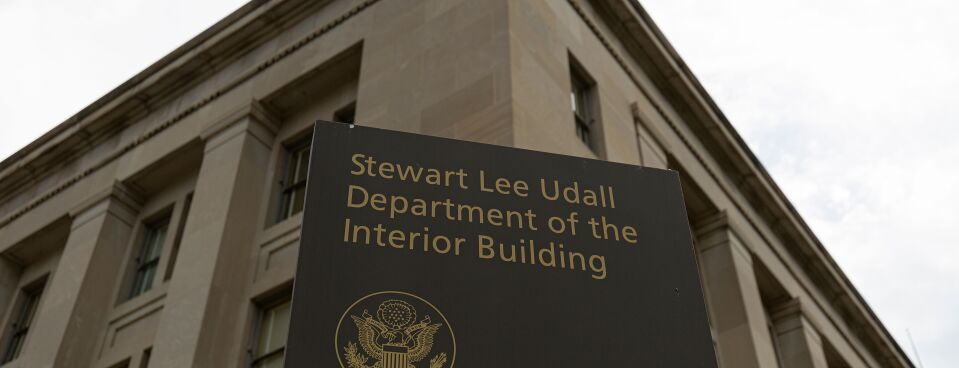The Corporation for Public Broadcasting is shutting down its operations after the loss of federal funding, marking the end of almost six decades as the entity that distributed grants to public media, PBS and NPR.
The CPB informed employees on Friday that the majority of staff positions will end on Sept. 30, with a small transition team in place through January, 2026. The CPB has around 100 employees.
Patricia Harrison, the president and CEO of CPB, said in a statement on Friday, “Despite the extraordinary efforts of millions of Americans who called, wrote, and petitioned Congress to preserve federal funding for CPB, we now face the difficult reality of closing our operations. CPB remains committed to fulfilling its fiduciary responsibilities and supporting our partners through this transition with transparency and care.”
The announcement follows the GOP’s move to rescind $1.1 billion in federal funding already allocated to the CPB for the next two fiscal years. This week, Senate Republicans advanced a funding bill that also included no money for public media, dashing hopes that there would be at least some restoration of funding.
President Donald Trump had called on lawmakers to roll back funding for CPB, calling the programming of PBS and NPR biased, part of his broader attacks on traditional media.
The CPB has noted that the majority of its funding, about 70%, goes to local stations, not the national outlets. Advocates also have pointed to polling showing high levels of public trust in public media.
Harrison said in her statement, “Public media has been one of the most trusted institutions in American life, providing educational opportunity, emergency alerts, civil discourse, and cultural connection to every corner of the country. We are deeply grateful to our partners across the system for their resilience, leadership, and unwavering dedication to serving the American people.”
Members of the CPB board of directors, including Sony’s Tom Rothman, have recently stepped down. In the spring, Trump sought to remove board members Rothman, Laura Ross and Diane Kaplan. The CPB sued to block the move, but that litigation now appears moot with the corporation ending its operations.
Congress created the CPB in 1967 as a private non-profit to shepherd federal money to stations and other public media outlets. The idea was to shield the entity from political interference. With an advanced appropriations cycle, the CPB also helped give stations certainty in their budgets. With the loss of federal funding, stations are now scrambling to make up for the loss of funds, and advocates have warned that some are at risk of closure. According to an analysis from advisory firm Public Media Company, about 100 TV and radio stations in rural areas are threatened, per The New York Times.
CPB has survived past funding battles, including during Trump’s first term. His White House sought to zero out funding in their proposed budgets, but a bipartisan group of lawmakers blocked any such effort.
This time around, the claw back of funding was part of a package of $9 billion in rescissions that also included support for foreign aid and health care. Trump threatened to withhold support for any lawmaker who voted against the clawback of funding. Only a handful of Republicans voted against the rescissions package, while even some past strident supporters of public media, like Rep. Tom Cole (R-OK) and Sen. Shelley Moore Capito (R-WV) voted to end the funding.
Source link


